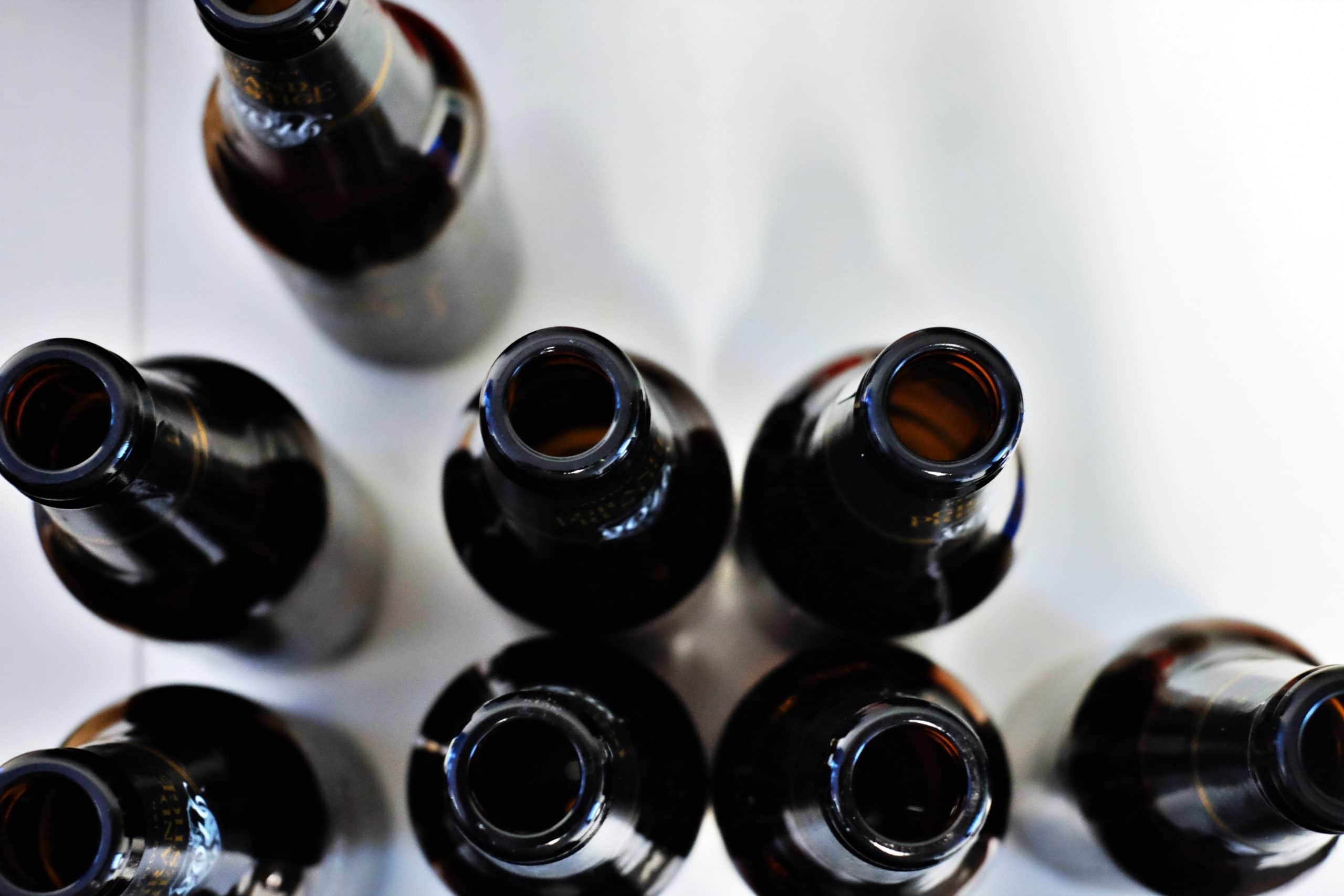Addiction does not discriminate; it affects both men and women, young and old, all ethnicities, and people from all walks of life. No one sets out with the intention of becoming an addict, but life is complicated. Things can happen which cause you to not make the best choices, or sometimes addiction can creep up slowly. This is particularly true with alcohol since it’s both legal and socially acceptable, the lines can become blurred. One glass a night might not seem like a big deal but by that stage, you could already be addicted without realizing it. One thing is for sure when you have an alcohol problem not only does it affect you, but the people in your life as well. As a parent, you might delay or put off getting help because you’re worried about the repercussions and having your children taken away.
Will Seeking Help For Alcohol Abuse Lead To Loss Of Custody?
Chances are your children are your driving force for beating your alcohol addiction in the first place, so the idea of losing custody won’t be acceptable. However, recovery programs and rehab centers have come a long way. Therapists now recognize that healing as a family is likely to yield the best results. It’s important to know that having an alcohol addiction isn’t a reason alone to lose custody of your children, many more factors go into this decision such as:
- A History Of Abuse And/ Or Neglect
- A History Of Domestic Violence And An Unsafe Environment
- The Severity Of Your Addiction
Other factors, such as poorly controlled mental health issues, will be taken into consideration. Poor education is another thing that’s likely to be looked into. If a child is missing a lot of school, it shows their needs aren’t being properly provided for. The state will want to know that your children are fed, loved, and attend school. An alcohol addiction alone isn’t a reason to lose custody. In fact, seeing that you’re seeing help and doing something about the issue will go in your favor, rather than letting things spiral and get worse. Completing treatment can increase the chance that the person retains custody of their child, so if you’re afraid to lose your children when getting admitted to an alcohol rehab center it’s important not to be.
Seeking Rehabilitation & Professional Help As A Family
Rehab centers that offer services geared toward parents, will often ask mothers and fathers to include their children. When you’re afraid to lose your children when getting admitted to an alcohol rehab center this is the best scenario. Why? This option works best for parents in fear of losing children because it allows you to still be in constant contact with them. Including the family can happen both within the treatment process, as well as in the therapy sessions. This provides an opportunity for parents and children to discuss the difficulties and trauma caused by the addiction. These conversations happen in a way that is safe and controlled. Which in return is more conducive to positive and healthy outcomes. Something to remember about seeking help with your children is that each family is different. The best way to approach things will be specific to your circumstances. Good counselors who are trained to work with alcohol-addicted patients and their families will know the best way to approach things, and what to do for the best results. This type of positive family involvement can also help lead the rest of your family toward a journey of recovery and self-discovery. As well as helping the parent through addiction, these programs work to help children understand their parent’s addiction, including realizing that it’s not their fault. Many children of addicted parents face risks of mental health trauma and substance abuse in their own adult years, in many cases, the roles of parent/ child are reversed whereby the child becomes the caregiver. Supporting children while helping the parent can help resolve these issues and can put the entire family on a much brighter path for the future.
How Effective Is Alcohol Treatment?
As alcohol addiction is a chronic illness, recovery requires effective treatment. According to The Journal of Substance Abuse Treatment, the research found that inpatient treatment programs that were specifically designed for addicted mothers and their children demonstrated excellent results in regards to the emotional and behavioral development of the children long term (at interviews after six and twelve months). According to research that tracks individuals in treatment over extended periods, most people who get into and remain in treatment stop using alcohol, decrease their criminal activity, and improve their occupational, social, and psychological functioning. However, it’s important to remember that addiction is a chronic disease. That means it’s long-lasting and can reoccur, and many people in recovery from addiction do relapse. Families shouldn’t feel disappointed or frustrated after a relapse, with hard work and love, people with addiction and their family members can recover from the consequences of the disease. Whatever your situation is, Evolve Indy is here to help.

